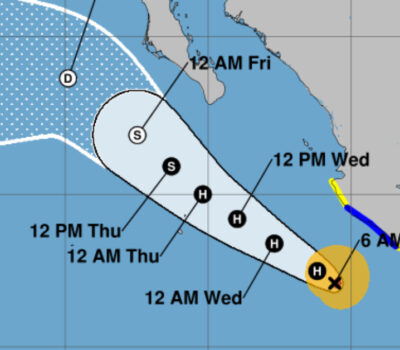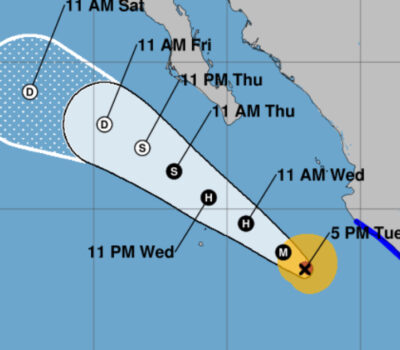Women who have abnormal mammogram results may be at increased risk for developing breast cancer even when follow-up tests fail to detect tumors, a U.S. study finds.
Typically, if there is a suspicious area on a mammogram, women get additional imaging to rule out cancer, followed by a biopsy if more information is still needed to determine if the suspect cells are malignant. When the extra tests don’t find cancer, the mammogram result is considered a “false positive.”
After a false positive mammogram, the added absolute cancer risk over a 10-year period isn’t that much bigger than it would be for women who had negative results from the start, the study found.
But compared to women with negative results, those with false positives had 39 percent greater odds of developing cancer if additional imaging found the mammogram was a false alarm, and 76 percent higher odds for after biopsies negated the original positive results.
“In the vast majority of women, this additional imaging rules out cancer,” said lead study author Louise Henderson, a researcher at the University of North Carolina at Chapel Hill.
“The higher risk of developing cancer among those with a false positive result with biopsy may be due to the fact that the radiologist sees an abnormal pattern that is not cancerous but is a radiographic marker associated with subsequent cancer,” Henderson added by email.
An example of such markers on X-rays include tiny calcifications that are common and usually benign, but sometimes also associated with the site of cancer cells.
To assess the cancer risk after false positives, Henderson and colleagues reviewed data on more than 2.2 million mammograms performed in almost 1.3 million women aged 40 to 75 between 1994 and 2009.
After the initial screening, women were tracked over 10 years to evaluate breast-cancer risk over time.
Most women in the study, slightly more than 2 million, had screening mammograms with true negative results. Over the study period, about 43,000 breast cancers were found in this group, the researchers report in Cancer Epidemiology, Biomarkers and Prevention.
Among women with false positives, 159,488 were referred for additional imaging based on suspicious screening mammograms, and 4,742 cancers were later detected.
For 22,892 women with false positives who had biopsies recommended based on initial screenings, 888 cancers were found over the course of the study.
In absolute terms, the rate of cancers among women with negative imaging was 3.91 per 1,000 people per year over the 10-year study period. Women with false-positives and additional imaging had a rate of 5.91 cancers per 1,000 per year, and women who had biopsies had a rate of 7.01 cancers per 1,000 per year.
Limitations of the analysis include the possibility that some women moved away from regions included in the data set so records on some mammogram findings might be incomplete, the authors concede.
They also did not analyze the reasons why false-positive tests or additional imaging or biopsies might be linked to increased risk of cancers being diagnosed later.
Even so, the findings are significant because with regular mammograms, many women will eventually get a false positive result, the researchers note. Over the course of 10 mammograms, the odds of women getting at least one false positive result are about 61 percent for annual screenings and 42 percent for biannual tests.
False positives are so common because clinicians must strike a balance between screenings that are sensitive enough to find even the smallest abnormalities and specific enough to capture results that most likely to actually be cancer, said Dr. Richard Bleicher, a breast surgeon at Fox Chase Cancer Center in Philadelphia.
“These two characteristics are usually a trade-off,” Bleicher, who wasn’t involved in the study, said by email.
“False positives are not necessarily a completely bad thing,” Bleicher added. “They admittedly do cause anxiety. But if it ends up being that the false positives become a predictive factor for who may be at elevated risk to develop cancer, then those false positives may be an indicator of a woman’s just like any other factor that we use to predict risk, like family history or genetic testing.”
SOURCE: bit.ly/1YI9EVu Cancer Epidemiology, Biomarkers and Prevention, online December 2, 2015.
Women who have abnormal mammogram results may be at increased risk for developing breast cancer even when follow-up tests fail to detect tumors, a . . .











